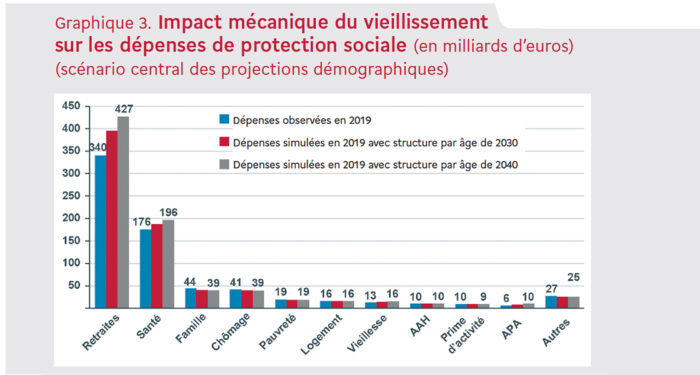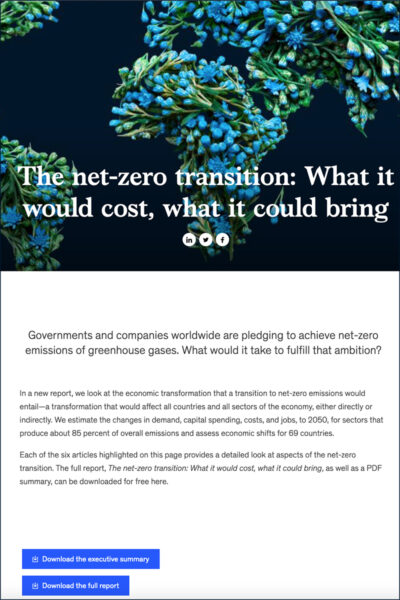For some years now France has been going through a period of serious budgetary restraint and this is probably set to continue for some time. In such a context, it is more than ever necessary to rationalize public spending, including both operating and investment expenditure. Public investment expenditure represents around 15% of total French investment and concerns sectors as essential as transport, energy, health or education. And yet such expenditure has not been thoroughly evaluated, which is why the French Centre for Strategic Analysis (now renamed the General Strategy and Foresight Commission) was asked to examine the question of its socio-economic evaluation.
Émile Quinet, who has been entrusted with this task, outlines the main lessons to be learned from the extensive report that came out of this exercise. After reminding us that new evaluation arrangements need to be envisaged (to take account of such changes as the increasing importance of climate matters), he presents the report’s proposals with regard to updating the methodology of the socio-economic evaluation of public investment (discount rate, risk assessment, impact on employment and economic growth etc.) and recalls the importance of integrating long-term considerations into investment decisions, particularly in the field of transport. The aim is, ultimately, to provide decision-makers with the essential means to make informed decisions on public investments, even if, as Quinet reminds us in his conclusion, it remains difficult to carry out such evaluations on very long time scales and to make them in sectors as strategic as education or research.



